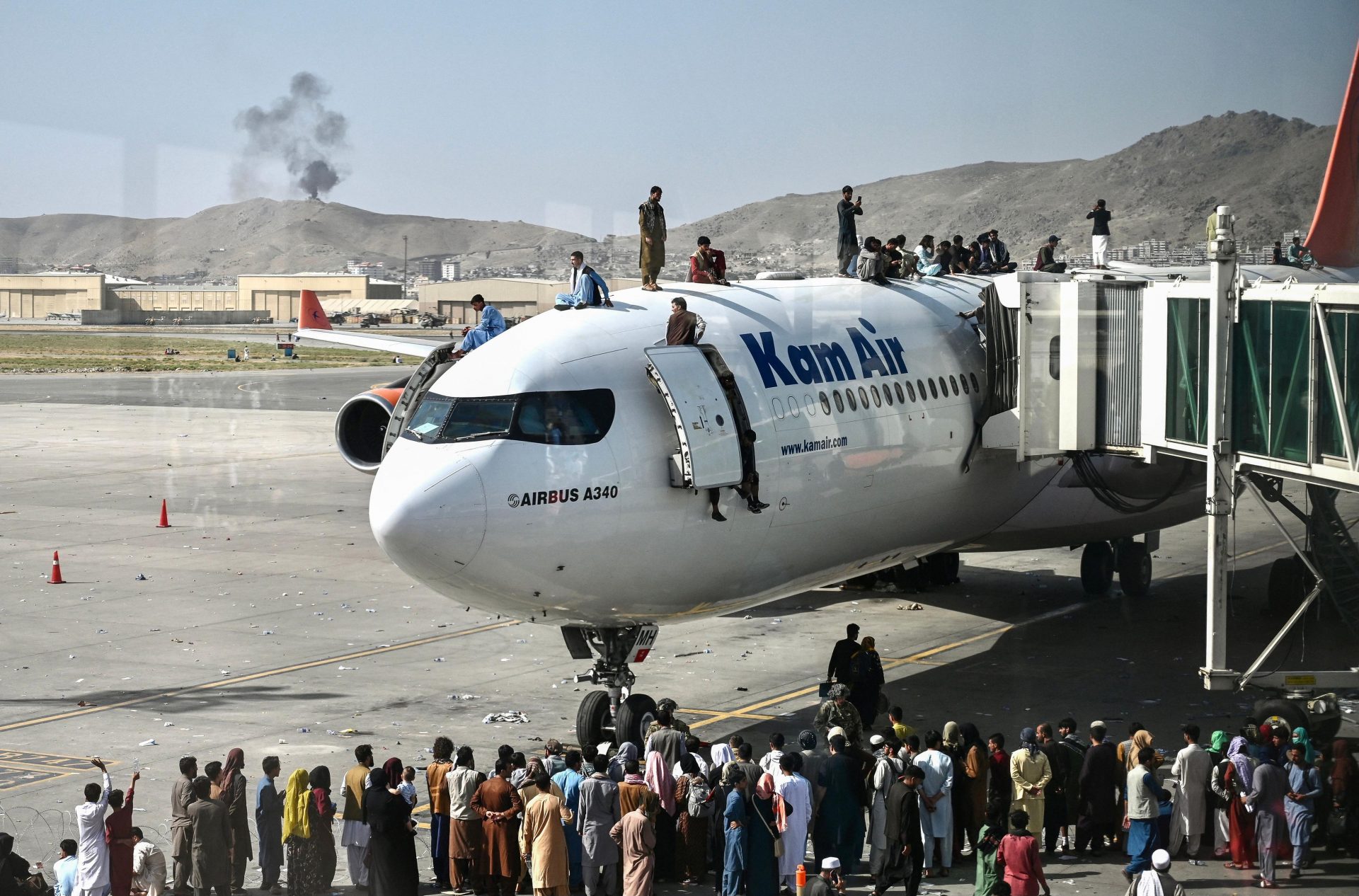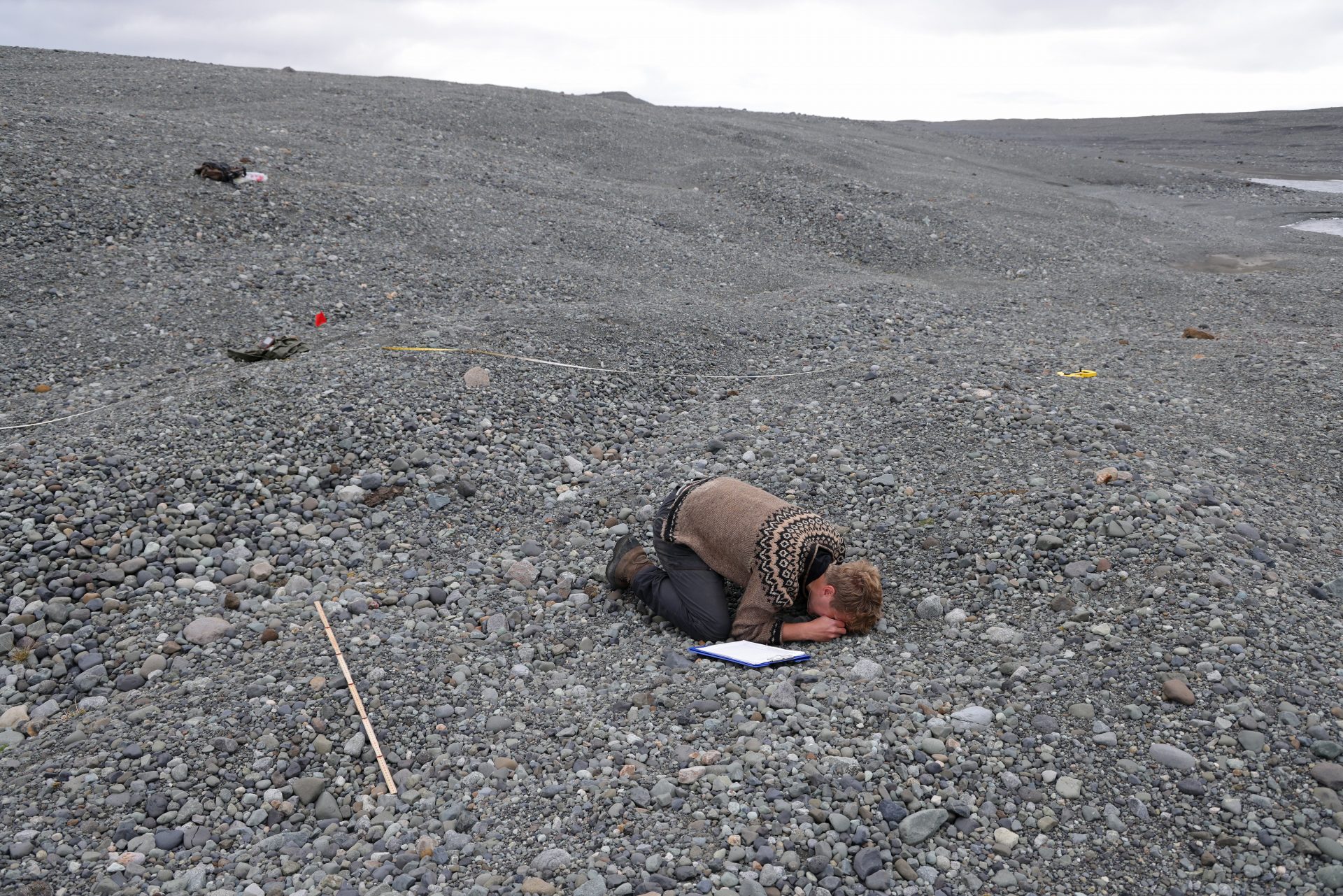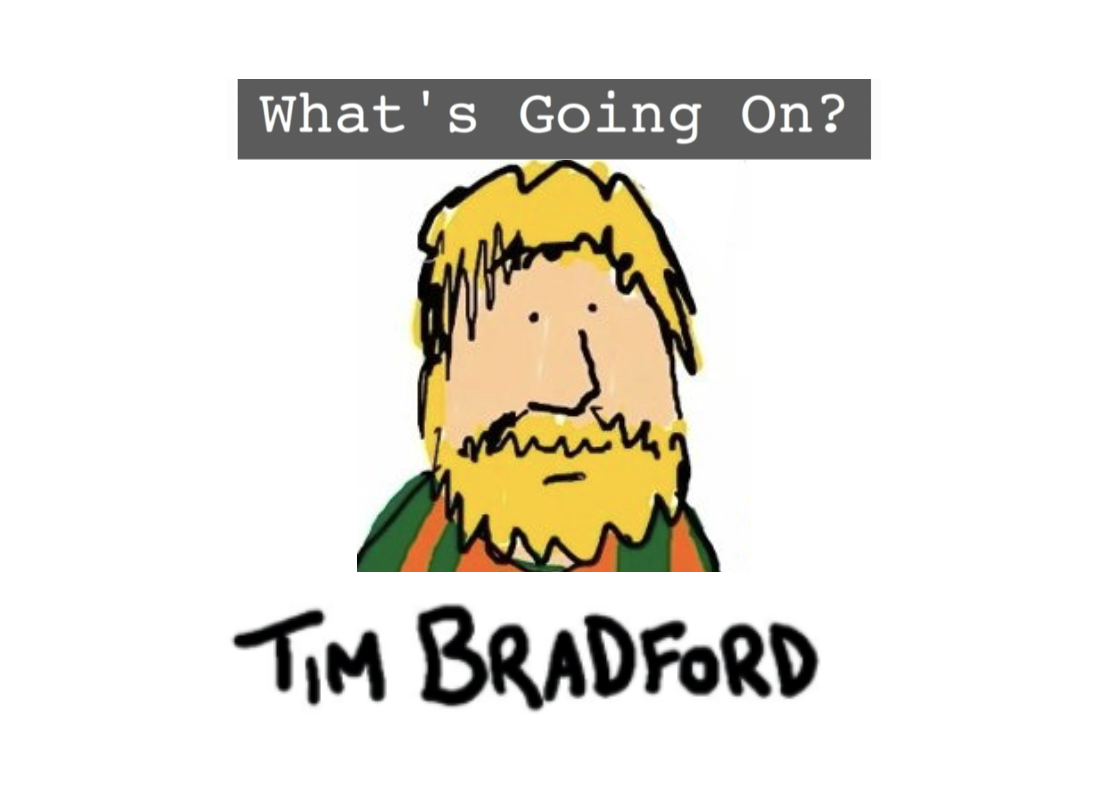Brexit was promoted as being our chance to develop a new ‘Global Britain’. The crisis in Afghanistan is the first real test of this global Britain as our troops have been there until recently. However, I suspect that it is in soft power rather than the hard power of troops on the ground that has torpedoed Global Britain this week.
The result of the Johnson government cutting the overseas aid budget has been a reduction of 78% of the money we were sending to Afghanistan.
Picture yourself as an Afghan warlord: Your power and position depend on the benefits you can bring in. The UK cuts the flow of aid and now you see no point in maintaining support for the idea of aligning with western democracies.
In most of Afghanistan, the local leaders will be the same, but we have probably made it in their interest to change sides.
Will more global stress tests such as this continue to reduce the UK’s influence in the world as the Brexit goal of ‘Global Britain’ is exposed as hot air, just as the internal Brexit slogan of “levelling up” is turning out to be so much hot air?
Paul Ricketts
Yatesbury, Wiltshire
Boris Johnson had insisted in parliament in July 2021 that there was “no military path to victory for the Taliban”. “I do not believe that the Taliban are guaranteed the kind of victory that we sometimes read about,” he said.
After a meeting of the Cobra emergency committee, the prime minister suggested the Taliban takeover had been all but inevitable, describing it as the “chronicle of an event foretold” and “clearly a change of regime” and apparently we’d know that since 2014.
I do find it so difficult to believe anything that our prime minister says. can anyone help me to work out when Boris Johnson is telling the truth?
Tony Howarth
London SW3
Figures of fun
Many thanks to Liz Gerard for the article about public understanding of big numbers (“When the truth does not add up”, TNE#255). I have long been frustrated by ministers’ assertions about £Xm being spent on this and £Ym on that, with no reference to the current spend, percentage increase, whether it’s new money or a rehash of previous announcements, or the timescale.
The multiple lies wheeled out by Johnson and Vote Leave exploited people’s lack of experience of the real scope and impact of larger numbers, even when the numbers bore any resemblance to reality.
People earning the current national average wage will probably not earn £1m in a 40-year career, given how long it took them to get to the average and the ceiling they will almost inevitably hit, so £20m seems like a huge amount of money, and £350m a week is astronomical until you realise it costs £10m to build just one large, “low-cost” primary school, and that there are about 17,000 primary schools in England alone.
Johnson and co. have also pulled the wool over people’s eyes with the numbers of nurses, doctors and police officers they were going to recruit – not to mention HGV drivers – without reference to the lengthy training periods and costs involved – and the much-repeated mantra, which became a Tory backbenchers’ chant, about new hospitals.
Most of these will be only refurbishments, delivered over a significant but unspecified number of years, by which time Johnson will be long gone, and only remembered for the damage he has caused.
Phil Green
An enlightening and revealing article by Liz Gerard on the public’s misunderstanding of government spending was slightly spoiled by its own erroneous statistic.
£3.7bn for 40 new hospitals equates to £925,000,000 a pop, not £925,000.
Just proves the point, I suppose.
John Crellin
Addingham, West Yorkshire
Frank talk
Alastair Campbell’s piece on Anne Frank (“The horrors and hope..” TNE #255) is timely. The experiences of ‘ordinary’ individuals produce a lens to clarify ‘great events’, whereas retrospective historical analysis often obscures.
In 2000, on a visit to Anne Frank Huis in Amsterdam, I bought a video, which included interviews with Otto Frank and Miep Gies. As a schoolteacher in times when mechanistic curricula were not imposed, it was possible to create English and Drama lessons around the video and book.
The children in my school were not ‘academic’; but they learned about the fatal mistakes of a society, countered by the ingenuity of a girl their own age, and the unlauded moral courage of individuals. Most of them will have been changed, in some small way, by understanding Frank. This is what education is actually for, in the final analysis.
Linda Johns
Suffolk
Miep Gies, who handed Anne Frank’s diary to her father in May 1945, has been on my mind a lot over the past year or so. As someone who lost many family members in the Holocaust, I was interested in, but by no means uncritically receptive to, the idea of constructing a Holocaust Memorial & Learning Centre in Victoria Tower Gardens (VTG), a tranquil stretch of greenery between Millbank and the Thames, in the shadow of the Palace of Westminster.
I was among many who opposed the construction of the hulking memorial on this cherished site. Westminster council refused the Government’s planning application. At the inquiry last autumn, compelling reasons for rejecting the proposal were put forward, but the green light was given.
VTG contains a number of monuments to resistance: Rodin’s The Burghers of Calais; a statue of Emmeline Pankhurst; the Buxton Memorial to the abolition of slavery. In these surroundings, I would have loved to have seen a statue of Miep Gies, representing all those who, with quiet courage, resisted oppression.
There are other memorials to the Holocaust: a permanent exhibition at the Imperial War Museum, London, just across the river from VTG, and a memorial in Hyde Park. I don’t want my people’s – my family’s – sufferings to be endlessly rehearsed. I want to celebrate the actions of people like Miep Gies, making their memory, and their example, shine on forever.
Vera Lustig
Walton-on-Thames, Surrey
Past caring
Bonnie Greer (“The old left let Nixon in, the new one could let Trump return”, TNE #255) delivers a gripping account of life on the US Left in the 1960s, and issues a credible warning about history repeating itself.
Whereupon she tells us that, “You can’t blame somebody born in the ‘80s or ‘90s for not knowing or caring anything about all this or relating to it”.
Why not? Cicero knew that, “To be ignorant of what occurred before you were born is to remain forever a child”. History repeats because it is forgotten.
David Young
Blackford, Somerset Levels
Elite existence
James Ball’s piece (“Why are we addicted to conspiracy theories?” TNE #255) had me alternately laughing incredulously and furious.
Conflating the allegations of the infamous QAnon, the lamentable David Icke’s extraordinary beliefs, and the notion of an élite with global influence is absurd. The difference between these scenarios is that, for example, evidence for the latter possibility exists.
Even more ironic to find, in the pages of TNE, the idea that mainstream media DON’T cover things up. Isn’t the very existence of TNE premised upon the fact that our MSM are becoming increasingly selective about the content of, and approach to our ‘news’?
Linda Johns
Gazeley, Suffolk
Yiddish links
I read with interest the article about Esther Loewy/Bejarano (“The accordionist of Auschwitz”, TNE #255). Perhaps Peter Trudgill could shed light on some of its contents?
The title of Bejerano’s song Zog Nit Keyn Mol, seems to translate into German ‘Sag Nicht Kein Wort’. The above phrase sounds like dialect rather than High German, which brings up the question of just how Yiddish and German interlink, bearing in mind the connections don’t just go one way.
He could also look at some Jewish surnames. Rothschild is a translation of rothen Schild, the red sign on a house.
We also have Bluma/Blume and flower, Stein, stone. Zelig is selig, blessed in German. Wiesenthal, valley of meadows, etc.
EJ Smith
Salisbury
Failing rail
As someone who loves travelling by train, I was delighted to read Tom Chesshyre’s informative article (“Arrival delayed: Europe’s second golden age of rail”, TNE, #254). The main obstacles to reviving long-haul rail travel across Europe are the responsibility of the rail companies themselves, and the governments that largely subsidise them.
Travelling across Europe today, there is a huge contrast. Germany has embarked on a huge programme of investment, re-opening closed lines and introducing new services. Austria has led the renaissance of international sleeper trains.
On the other hand, Portugal has carried out a 21st-century Beeching Plan. France has invested heavily in TGV lines radiating from Paris but left many of its cross-country and former international lines to die.
Going from Switzerland or Germany into France, for example, one immediately notices how well-maintained, neat wayside stations are replaced by vandalised halts with peeling paintwork. I applaud the idea for new luxury overnight trains, but will the railways clean up their act to provide a luxurious environment for their operation?
Rob Sissons, author of Single Track Obsession: A Book of Extraordinary Rail Journeys
Folkeston
Nero nostalgia
I greatly enjoyed the article recalling the life and failures of the Roman Emperor Nero (“The war against Nero”, TNE #254). It reminded me of living in the grounds of the Villa Wolkonsky in Rome, the residence of the British ambassador to Italy.
We lived in the villa’s gatehouse while I was stationed at the British embassy as the first drugs liaison officer covering Italy and Albania from 1990 to 1993.
The view from our kitchen window looked directly at a pillar of the great aqueduct constructed by Nero to bring fresh water to Rome from the Apennine Mountains. This was just one of 30 pillars that grace the gardens of the Villa Wolkonsky.
This painting was given to us as a leaving present.
A A Gus Jones
Halesworth, Suffolk
New Leaver
Some years ago, I would have identified as a Remainer. Now, the opposite is true.
I live in one of the most socio-economically challenging parts of Sheffield. Those of us who live and work here are often called racists and illiberals by those on the other side of the city. Their children attend excellent schools, their streets are clean. Mass unfettered immigration has bought nothing to the communities impacted by this policy except division.
Most people here are not racist, they just observe what is indisputable – that a high level of immigration into already less well off areas of the city, pushes fragile services over the top. Brexit and Boris Johnson happened for a reason and the quicker Remainers grasp that fact the better.
Labour won’t win another election until there is recognition of the effects of multiculturalism on fragile communities. I’m not a racist, nor a xenophobe, but if I had my time again, I would certainly have voted to leave the EU.
Emma Green
Sheffield
Kent believe it
The people of Kent voted by 59% to 41% to leave the EY. Now the “temporary” laws introduced to manage post-Brexit cross-channel tailbacks in the county have become permanent.
How many voters in 2016 expected Kent to become the eternal car park of the nation? And was it really the outcome they foresaw?
Heather Heidfeld
Keen on green
Just a word of congratulation on your changing your dreadful plastic packaging to the new paper packaging: a welcome end to an irksome negative this subscriber felt since subscribing back in 2017.
You produce a splendid newspaper, which I read cover to cover, always. I feel especially well rewarded by the wonderful articles from Charlie Connelly.
Donald Ross
Arbroath
• Have your say by emailing letters@theneweuropean.co.uk. Our deadline for letters is Monday at 9am for inclusion in Thursday’s edition. Please be concise – letters over five paragraphs long may be edited before printing



